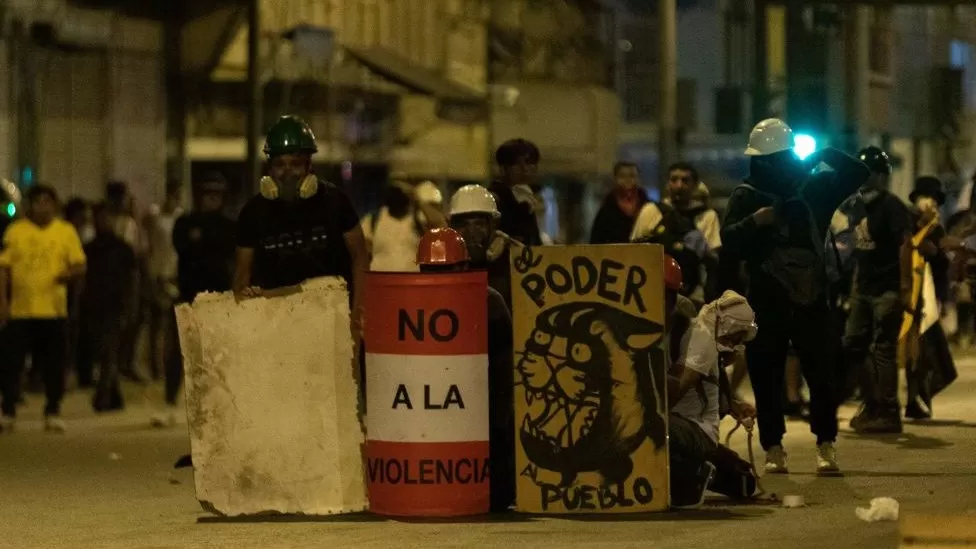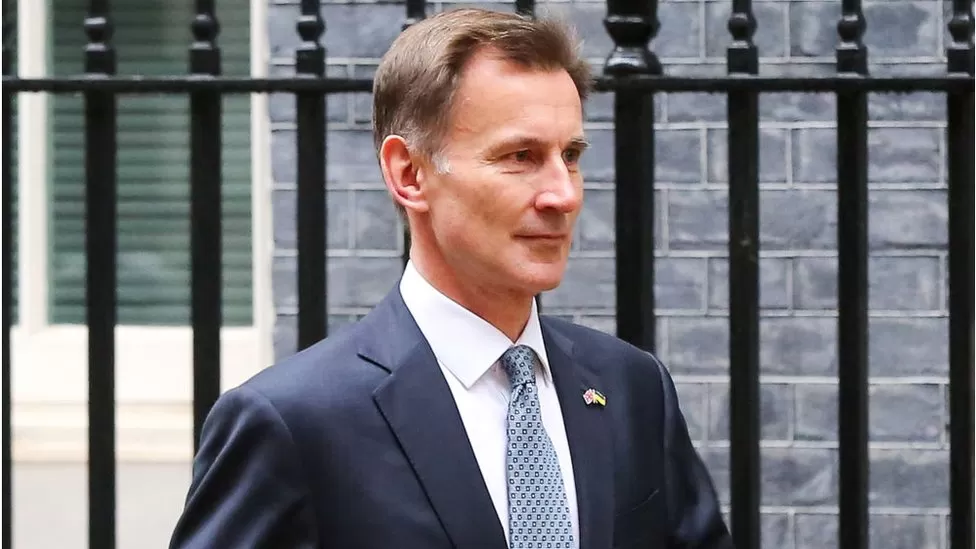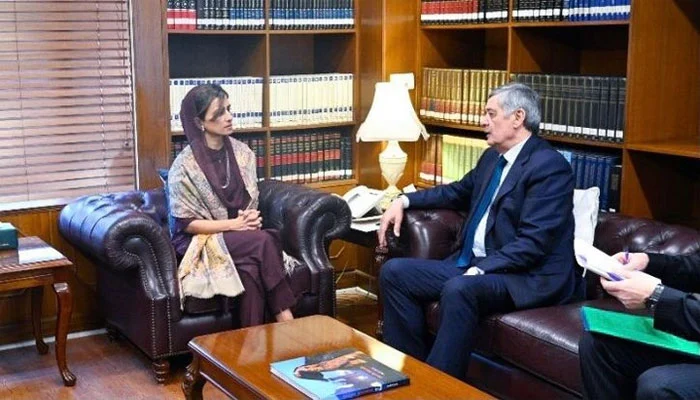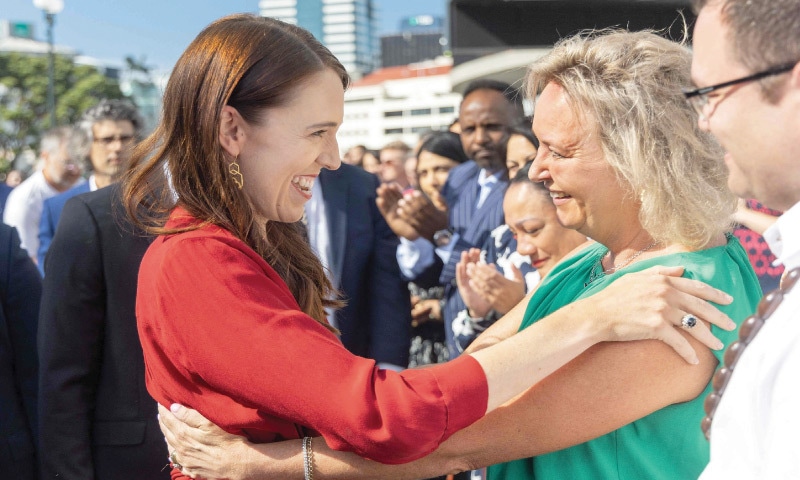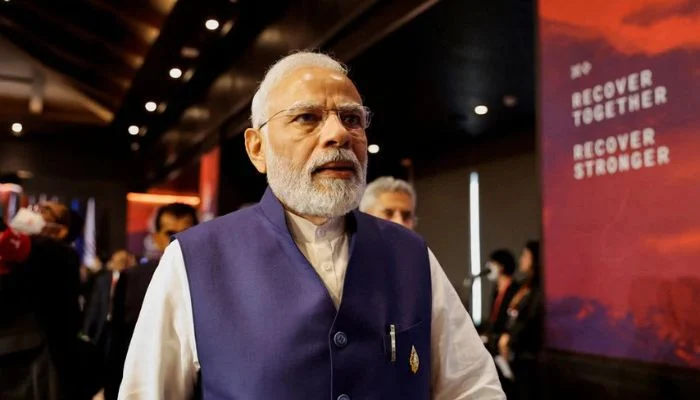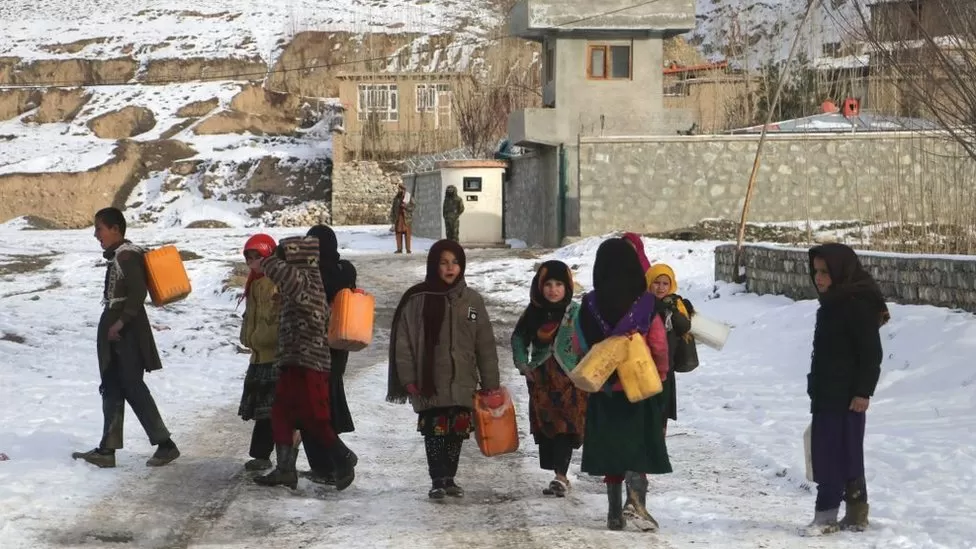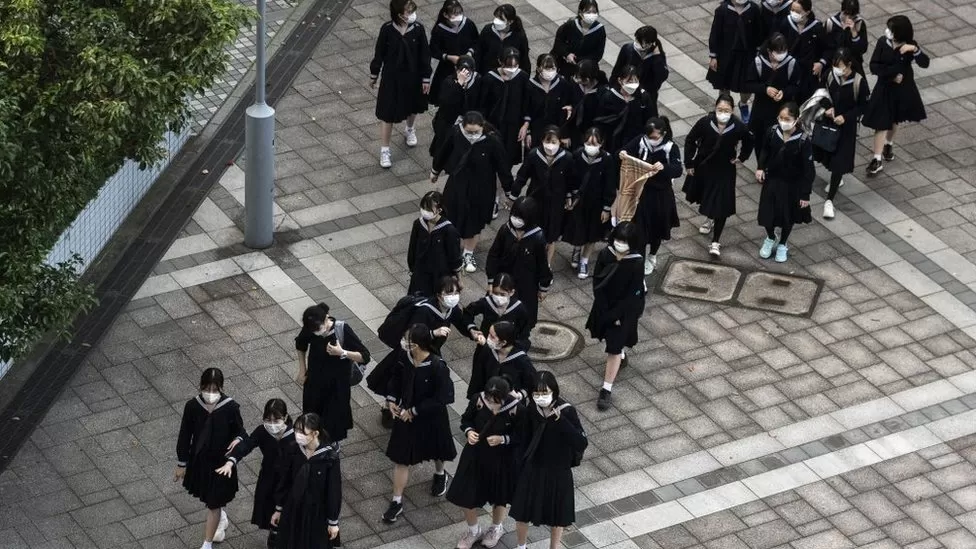Changsha Tianyi Space Science and Technology Research Institute is among 16 entities slapped with curbs by the Treasury Department.
The firm, also known as Spacety China, has offices in Beijing and Luxembourg.
Wagner supplies Russia thousands of fighters in the Ukraine war.
Spacety China had provided Terra Tech, a Russia-based technology firm, with synthetic aperture radar (SAR) satellite images of locations in Ukraine, the US Treasury Department’s Office of Foreign Assets Control said in a statement on Thursday.
“These images were gathered in order to enable Wagner combat operations in Ukraine,” it said. The department has also sanctioned Spacety’s Luxembourg-based subsidiary.
Under the sanctions, there can be no transfer, payment, or export of any property or interests in the United States to the targeted entities.
Spacety China has yet to respond to the move.
China, a close ally of Russia, has attempted to position itself as a neutral party with regard to the Ukraine war. It has been criticised by the US and its allies for refusing to condemn Russia’s invasion of Ukraine.
On its website, Spacety China describes itself as a “pioneer” in providing commercial SAR technology and says it wants to “make SAR imagery of every point on earth accessible and affordable” to users all over the world.
SAR is a type of radar technology that can deliver higher resolution images using shorter antennas.
Its chief executive officer Yang Feng sits on China’s Ministry of Science and Technology’s panel of experts as someone who specialises in “national technology”, according to the company’s website.
The site also lists a number of working partners including state-owned enterprises China Aerospace Science and Industry Corporation and China Electronics Technology Group Corporation, as well as the University of Chinese Academy of Sciences.
In addition to Spacety China, 15 other entities, eight individuals and four aircraft – many of them based in Russia – that allegedly form part of Wagner’s global support network also received US sanctions.
These include Sewa Security Services based in central Africa and Kratol Aviation based in the United Arab Emirates, which allegedly provided aircraft to move personnel and equipment between central Africa, Libya and Mali.
Wagner now commands some 50,000 fighters in Ukraine, according to estimates from the White House. The organisation plays a key role in Russia’s war efforts, and has been heavily involved in attempts to capture Bakhmut, a city in eastern Ukraine.
It is led by Yevgeny Prigozhin, a close ally of Russian president Vladimir Putin.
“Today’s expanded sanctions on Wagner, as well as new sanctions on their associates and other companies enabling the Russian military complex, will further impede Putin’s ability to arm and equip his war machine,” said US Treasury Secretary Janet Yellen.



